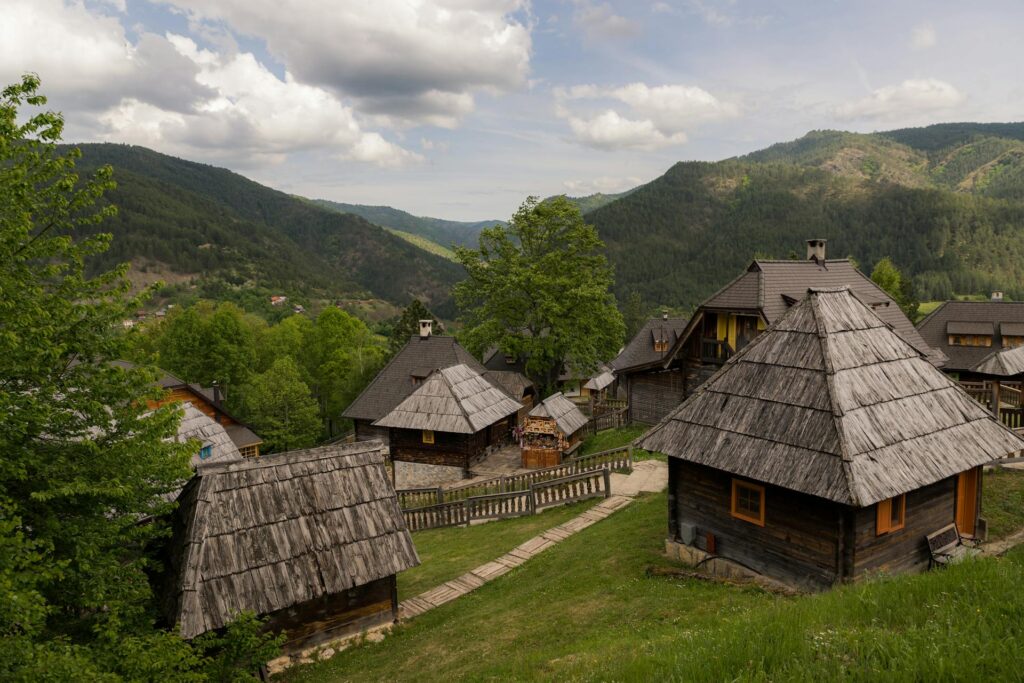A funeral in some village on Zlatibor. They know me here—”Cica and Miloš’s boy”—so everyone’s asking, “Where are you, what are you up to, have you made something of yourself?” I answer politely but keep it vague—how am I supposed to explain that I’m self-employed, that it’s a daily struggle, that I influence the careers of almost 30 people, that I’d never go for a “safe job” unlike 60% of my peers? And if I added that “my business” is almost entirely about social responsibility, they’d probably bury me right next to the deceased!
Small and medium-sized enterprises (SMEs) make up 99.8% of all businesses in the country and employ two-thirds of the workforce. If SMEs are Serbia, does that mean the contributions of the big corporations we’ve written about so far are actually irrelevant? Unlike the giants, small businesses are deeply connected to their local communities—everyone knows them, everyone relies on them, and their impact is tangible and valued, often because of the owner’s moral code. The economy’s in rough shape, so this sector often struggles just to meet basic responsibilities to employees. Though, there are exceptions.
Take “Sunce Marinković,” a PVC window manufacturer in Kragujevac, with one of the most progressive approaches—programs for employing people with disabilities, environmental protection, apprenticeships, empowering young girls, and more. Then there’s Pančevo’s “Božić i sinovi,” an e-waste management company ensuring their work has long-term, sustainable effects by promoting responsible practices. And finally, “Obuća Pavle” from Bačka Palanka stands shoulder to shoulder with the biggest companies in town when it comes to community responsibility.
While many in Serbia have some business idea (44%, to be exact), few actually act on it. And that’s fine, let’s be real. Plenty would love to have “Works at Sam svoj gazda” (Own Boss) on their profile, but not everyone’s cut out for entrepreneurship. The road to the top is tempting, but it’s also dangerous and unpredictable.
After the funeral, a dignified older woman takes my hand:
—”Maca, nice to meet you. I knew your mother—a businesswoman, a real force of nature! And what do you do, son?”
—”I run an agency that helps the most successful companies direct nearly a million euros a year toward brilliant young people and their ideas.”
Maca stays quiet, listens, smokes. She nods toward the crowd gathered to grab a bite after the burial.
—”My husband and I have been self-employed for 40 years now. We’ve hired thousands, trained hundreds. Not a single dinar do I regret! Times are tough, no lies. But you? You, son, are an emperor. Forget these folks.”
I head home a little embarrassed but also deeply proud. That’s all of us, really: if, despite all the Scyllas and Charybdises you have to navigate just to keep your bakery, café, workshop, or small production alive… you still find the strength to make your business give back to the community and lift it up, not just profit from it—then you’re already a hero.
Immediately updating my Facebook: “Works at Sama svoja carica” (Queen of Her Own Destiny). Signed, Maca and me.

